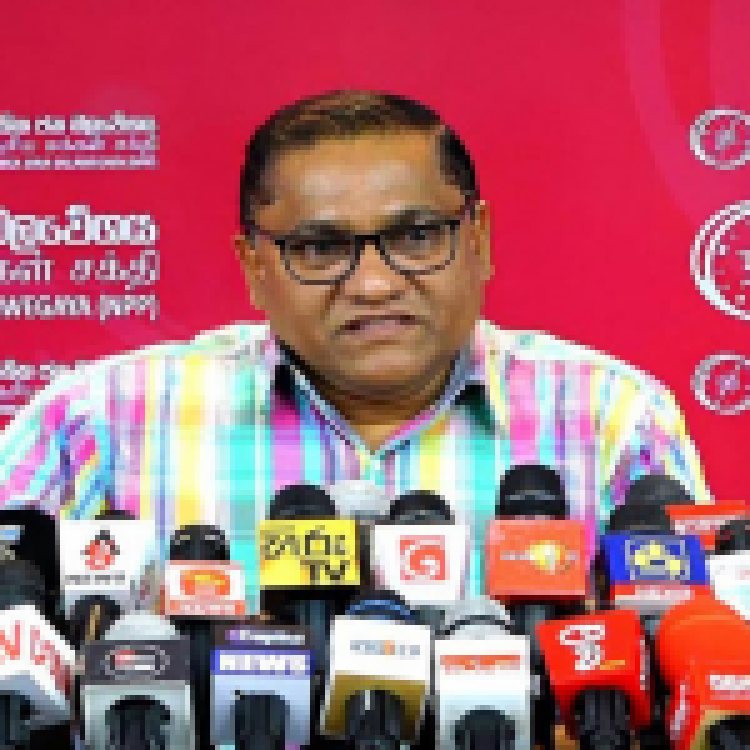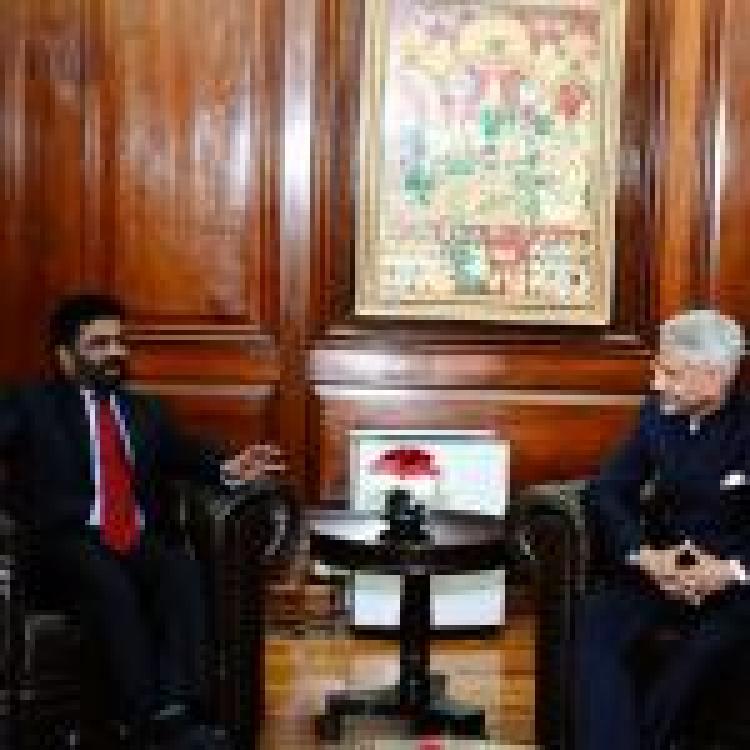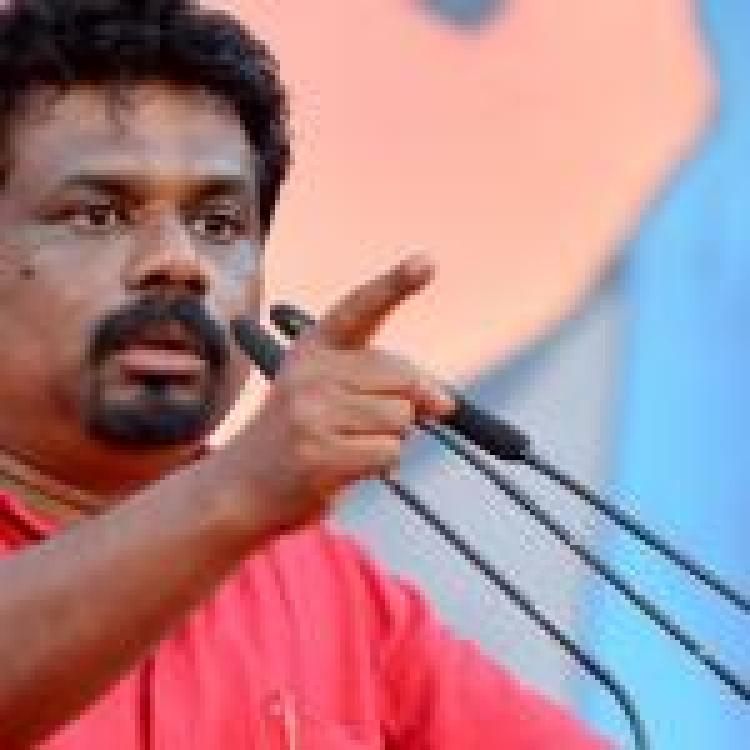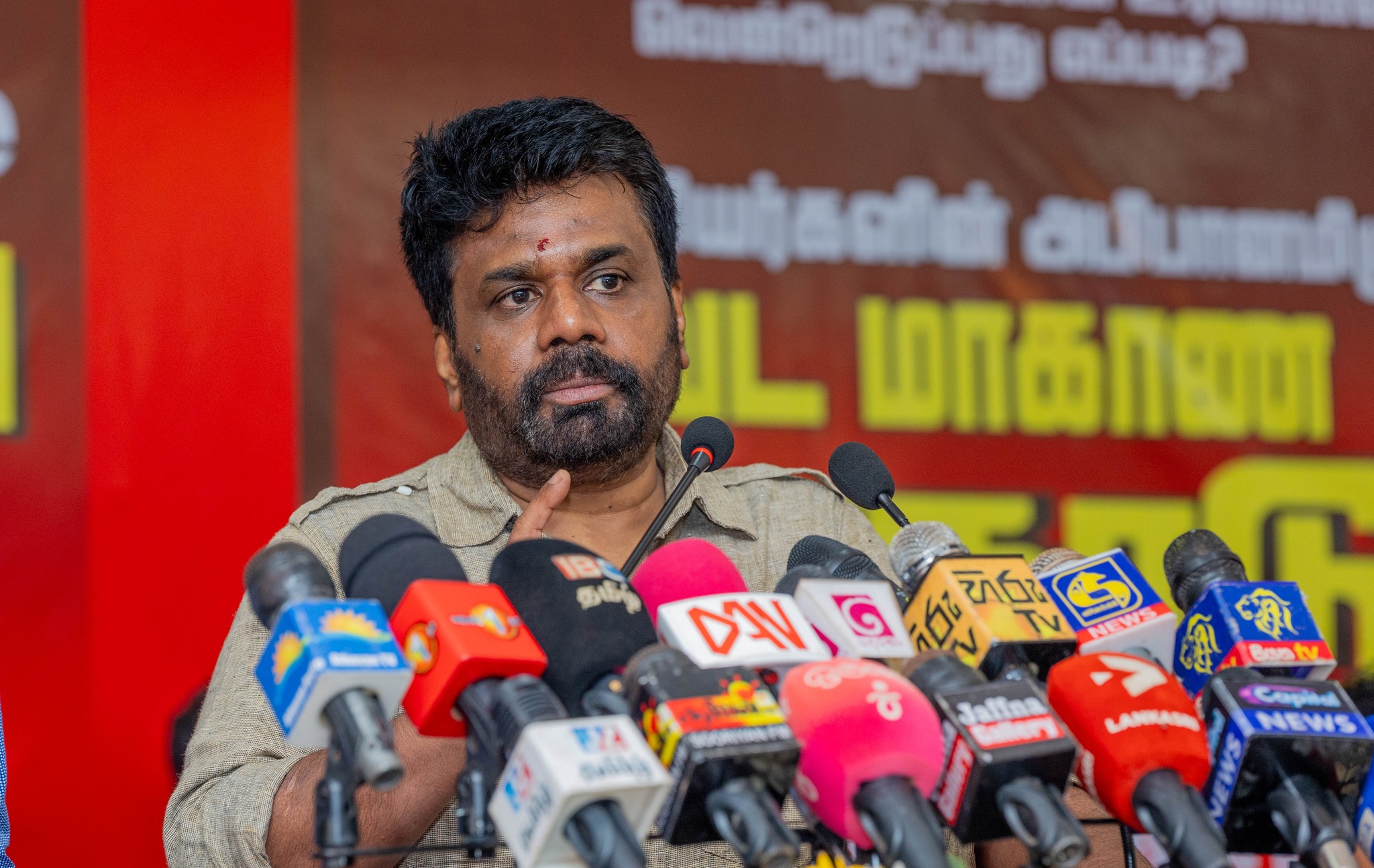
National People’s Power (NPP) presidential candidate Anura Kumara Dissanayake toured the homeland this week but remained tight-lipped about his party’s stance on the key issues affecting Tamils in the North-East.
On his last leg of the tour, Dissanayake spoke in Jaffna, aligning himself with the NPP narrative of an “inclusive Sri Lankan identity”.
Throughout his speech, Dissanayake said that Sri Lanka needed political reform and blamed the economic crisis on corruption. He claimed that Sinhala and Tamil leaders have used divisive politics to stoke tensions between the two communities but failed to comment on the ongoing issues such as militarisation, landgrabs or accountability and justice for Tamils in the homeland.
“We have seen that the people of the North are not keen on a presidential election. They tend to believe that a president is a leader from Colombo and an election is an act that only the Sinhalese engage in.”
“However, leaders in the past have only caused more division. Hence it is important to have the buy-in of the Tamils in the North. But we didn't come here to ask for your vote. We didn't come here to tell you that we’d offer you the 13th Amendment and you can vote for us in exchange. I didn't come here to offer you federalism so I can ask for your vote. I came here to discuss how we can help Sri Lanka emerge from its crisis.”
“Politicians in Sri Lanka have committed far too many atrocities to be in power, but they continue to remain in power, by stoking ethnic tensions,” he told the audience in Jaffna. “They have been doing so under the pretext that only Sinhalese leaders can save the country and preserve their religion and race.”
He referred to colonial times and added that the rulers conquered the land by dividing people based on their caste, creed, and religion. “The rulers thereafter only amplified these divisions for political gain. Isn't our history checkered with stories of divisions, suspicion, animosity, and preservation? Did it get better after the war? It didn't. The Sinhalese worked against the Tamils and the Tamils worked against the Sinhalese.”
While Dissanayake noted that similar that families of the disappeared both in the North-East and the South are searching for justice, he did not explain the NPP's stance on international accountability for these enforced disappearances.
“Just like the South, in the North, we have mothers holding photos of their children asking for justice,” he said. “Do we want to continue this trend? Do we not have the responsibility to foster an inclusive country? Do we also want our children to take arms? We invite you to join forces to help rid the country of this corrupt political culture.”
Dissanayake went on to call on Tamil leaders to work with NPP to resolve Tamil issues.
“There are two issues in the North - the problems faced by people which are used for political purposes and politicians who advocate on behalf of the people. We invite Tamil politicians in the North to not take advantage of the problems faced by the people in the North and make it their political slogan and instead to work with us.”
Referring to language rights, he told the audience that they reserved the right to engage with the government in Tamil.
“It’s the same with religion. You reserve the right to practice the Hindu religion and the Tamil culture in peace without restriction or intimidation. We should not have to fight over archeological sites of religious values. It should be preserved and passed on to the next generations.”
Meanwhile in Vavuniya, Dissanayake spoke on extremism and racism. “There are Tamil leaders advocating for unity who are inclusive and free from extremism and racism. It's crucial to gather these voices. If there are instances of Tamil racism in the north, it's important to isolate those responsible and liberate the Tamil community from such harmful ideologies. Similar actions have been taken in the south,” he said.
He again harped on the NPP’s promise to ensure the safety and protection of the Tamil populace by forming a government that is inclusive and equally representative. “The safety of the Sinhalese in the North and the Tamils in the South must be assured,” he said.
He also called on the farmers of the North to increase agriculture production and assured the NPP would provide a stable irrigation system, lands, and a fair price for their produce. “We will usher in a new era of transformation in agriculture,” he said.
Dissanayake's campaign speech in Kilinochchi was not too distant from his previous ones and emphasised a unitary state.
“I invite you to join forces to form a government which is equally representative of all your communities. This election is not about the votes in the South, but creating a consensus for the way forward. There’s no point in only securing the support of the Sinhalese, we need the same from the Muslims and Tamils.”
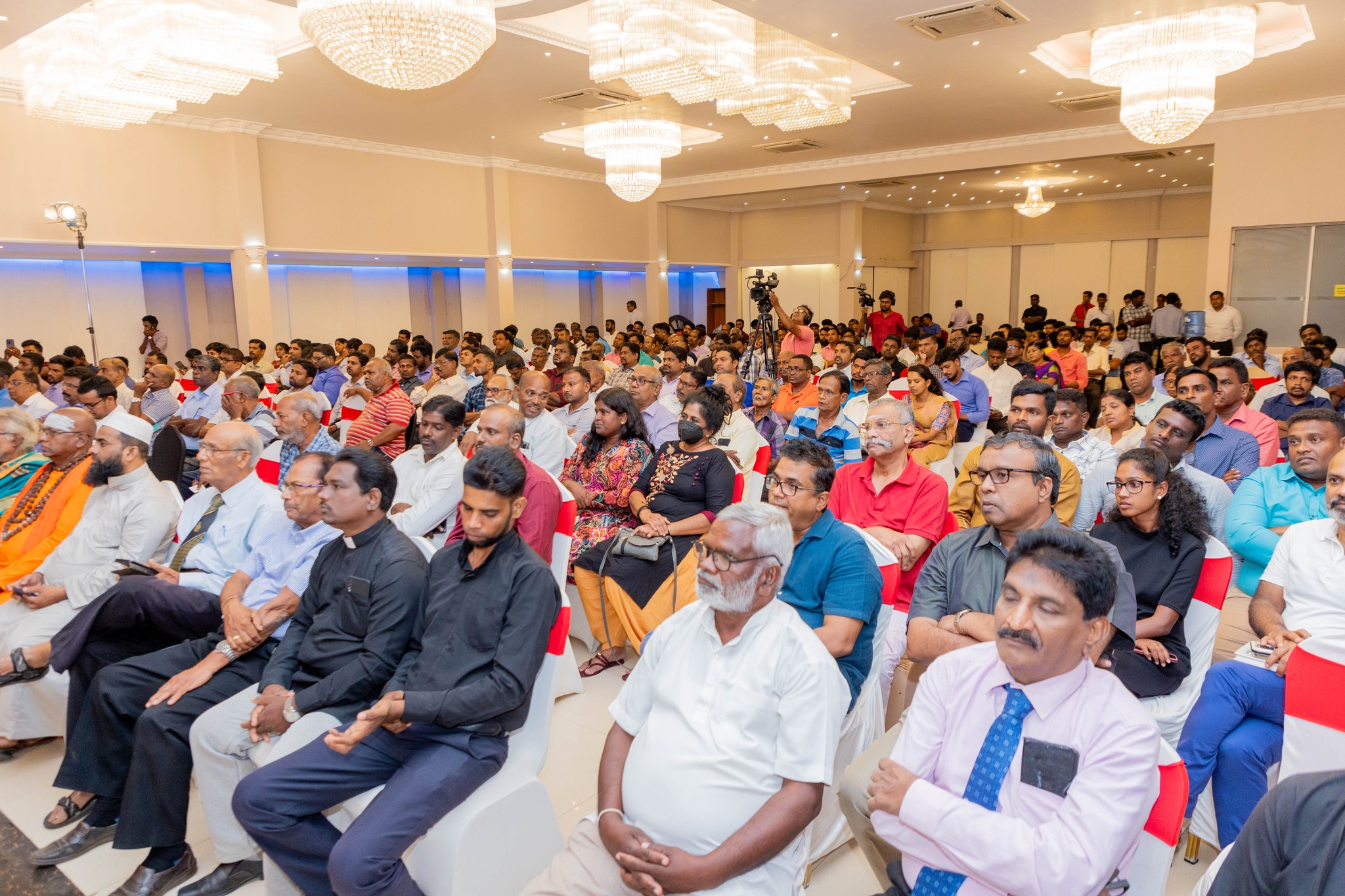
Despite Dissanayake's attempt to deflect the NPP's stance on pressing issues such as devolution of power or issues faced in the homeland, Vijitha Herath of the Janatha Vimukthi Peramuna (JVP) led (NPP) has specifically said that JVP has been and will strongly oppose any initiatives that will compromise Sri Lanka's territorial integrity.
The MP emphasised that under NPP governance, his party will deal transparently with other governments and ensure that the nation’s advancements particularly in terms of economic development are priotised. “Throughout the country’s history, we have consistently made decisions to safeguard our territorial integrity, and we stand by that commitment today and in the future. We give our assurance to the people of this country that these principles will not waver.”
Throughout the armed conflict, the JVP would weaponize the pretence of Marxism to justify their hardline opposition to Tamil demands. In the 2004 parliamentary elections, the JVP became a coalition partner of the United Peoples Freedom Alliance (UPFA) and stood opposed to continued peace negotiations with the LTTE; they further rejected the possibility of joint post-tsunami aid distribution, and in 2005 endorsed Mahinda Rajapaksa on a platform specifically opposed to the peace process. In early 2006 the JVP openly promoted a military solution that would culminate in the Mullivaikkal genocide.

